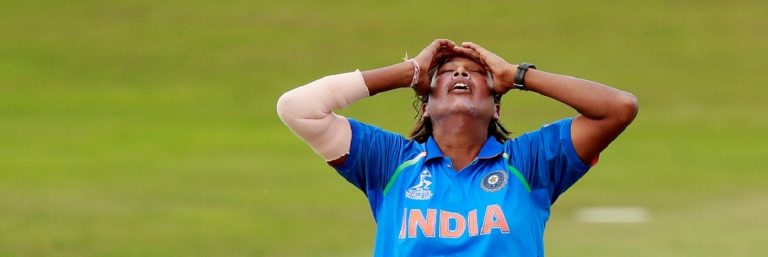
Cows get better treatment in India than women, a new photo series by Indian artist Sujatro Ghosh strikingly shows.
The point of the project was to show how any crimes inflicted upon the sacred animal of Hindus, who make up the majority of the country, are swiftly and severely punished.
But when it comes to crimes against women, even in cases of rape or sexual harassment, calls for justice go largely ignored.
Naturally, when it comes workplace diversity and female representation, it doesn’t get any better.
https://www.instagram.com/p/BVUzp4mlLJn/?taken-by=sujatroghosh
India ranks 148th globally in terms of female representation in the government and Parliament, according to a report published by the Inter-Parliamentary Union (IPU) and UN Women, as reported by New Indian Express.
But thankfully, one sector of Indian society is aiming to do better than this: Business schools.
Quartz reports at the Gujarat-based Indian Institute of Management Ahmedabad (IIMA) – the nation’s no1 business school – the male-female ratio for its 2017-19 postgraduate programme is 28 percent, up from 21 percent in the previous batch and 14 percent the year before.
Most women gravitate to the food and agri-business management postgraduate programme, making up half of the class this year.
This upward trend boils down to IIMA’s active recruitment of women candidates for interviews, says its director Ashish Nanda.
“The increased percentage has been achieved through a combination of active recruitment of women candidates, encouraging discipline diversity of students called for interviews, and paying attention to holistic leadership potential among interviewees.”
Ashish said:
“A broad mix across genders will contribute to a richer learning environment at the institute.”
Its admissions chairman, Apartim Guha, said the school’s admissions policy was to make its candidate pool as diverse as possible, be it in their academic disciplines or backgrounds. This year’s incoming batch for the postgrad management programmes has a mix of CA/CS professionals, as well as commerce, science and arts graduates.
The school also has more foreign students than it is required to recruit. There are plans to have more diverse nationalities in its student pools as well.
“Our admissions policy is to invite for interviews candidates from different academic disciplines based on their academic performances, subject to their clearing certain CAT (common admission test) cut-offs,” Apartim said.
“This approach increases the discipline diversity of our incoming class. This is part of a conscious effort to improve the in-class learning experience of students, who we believe would benefit from it.”

The rest of India should take a leaf out of IIMA’s book and consider beefing up female recruitment, too. Source: Shutterstock
IIMA stands out because when it comes to business leadership roles, India sits on the bottom rungs globally. A recent global survey by Grant Thornton found only 17 percent of senior roles are held by the fairer sex in India. Almost half (41 percent) of Indian businesses surveyed have no women in leadership roles.
IIMA may be on to something with its active recruitment of women, although this approach isn’t yet a reflection of real-world practices.
A report by Credit Suisse, which studied 265 Asia-Pacific companies with more than US$10 billion in market capitalisation, found in companies with at least one female board member, their share prices outperformed the market by 58 percent between 2006 to July 2016.
Considering these numbers, the rest of India should take a leaf out of IIMA’s book and consider beefing up female recruitment, too.
Liked this? Then you’ll love these…
Can buy me love: Indian boys fake-marry female students to enter Canada
India’s student startup founders get opportunity to pitch to Silicon Valley players







